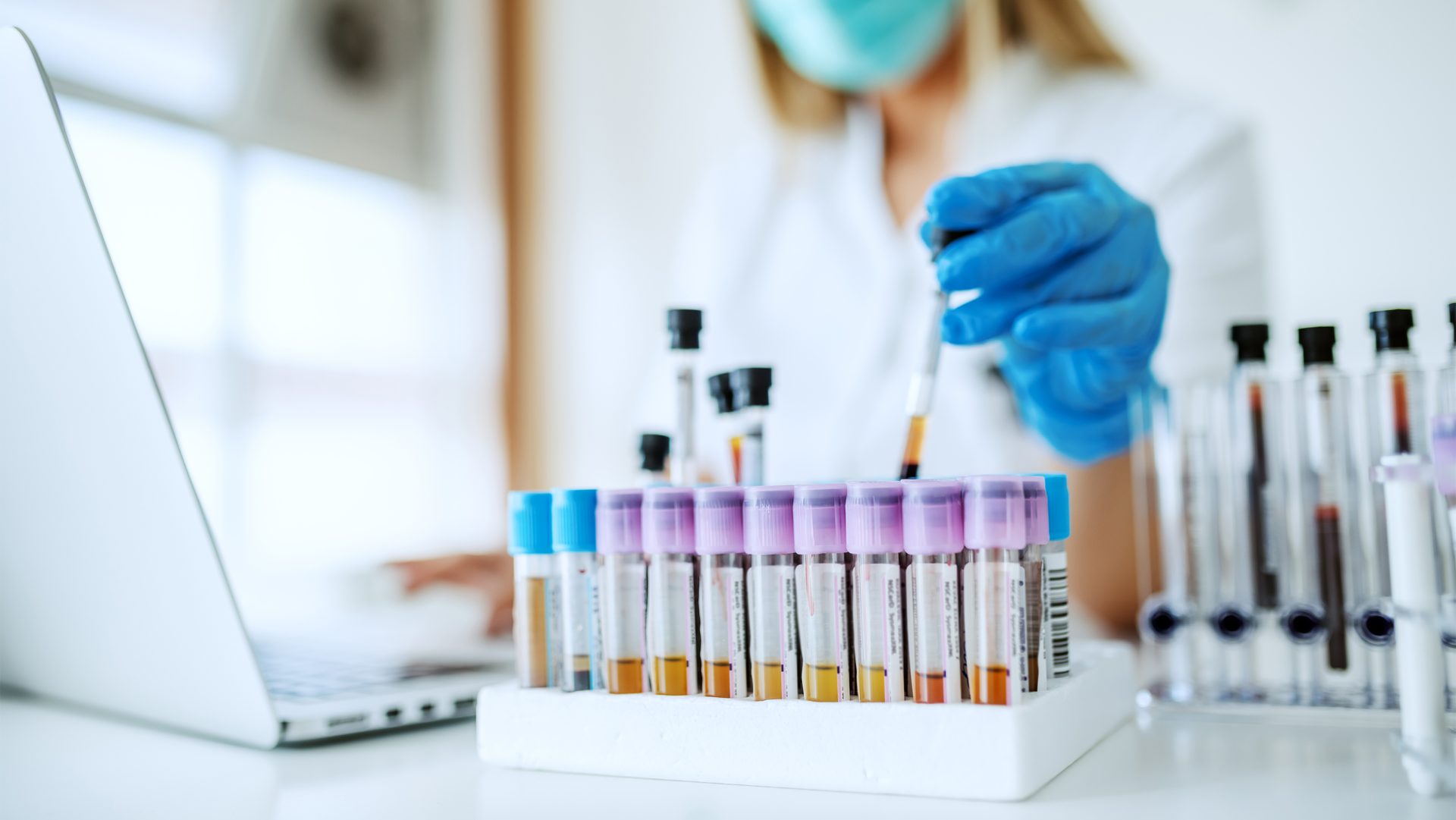The Inventa Center for Cancer Research is a division of Fort Wayne Medical Oncology and Hematology (FWMOH). We partner with leading research centers and universities to make advanced therapeutics available in the FWMOH clinics.
We are proud that newly approved treatments which are saving lives today grow from extensive testing and trials involving our research team and eligible FWMOH patient volunteers.
Our oncologists are committed to this research and invite you to join us in discovering safe, effective, new cancer treatments.
Frequently Asked Questions
What are clinical trials?
Clinical trials are designed to assess the safety and effectiveness of new cancer drugs, changes in dose and modification of dosage regimens for existing drugs. Clinical trials play an important role in improving cancer treatments and are necessary for new, improved treatments to be approved and made available to all patients.
Why participate in clinical trials?
Clinical trials are designed to evaluate the effectiveness of new treatment interventions. The objective of these clinical trials is to test new therapies in patients who have cancer. Patients participate in clinical trials for several reasons, including:
- The potential to benefit from a new drug or treatment procedure
- Improved management of symptoms resulting from treatment or cancer
- The opportunity to directly contribute to improving the understanding of how to treat a cancer and ultimately, benefit other patients
Patients who participate in clinical trials receive either a promising new treatment or the best available conventional treatment. If a new treatment option is proven to work, patients who are participating in the clinical trial will be among the first to benefit. While there is no guarantee that any treatment will be successful, clinical trials have been proven to offer some of the most effective cancer treatments currently available today.
How are clinical trials conducted?
Clinical trials are intended to test treatments under very specific guidelines. Protocols are written in advance which define the purpose, design and conduct of a clinical trial. All research centers which participate are required to follow the same research protocol. The protocol is written by the sponsor of the study and outlines how the study will be conducted and who may participate. The protocol defines when the participants will be assessed and in order to ensure patient rights and safety, the protocol is also reviewed by an Institutional Review Board (IRB).
What is involved?
The consent
You will meet the study coordinator and the physician who will be tracking your progress during the study. The research study will be explained to you in detail including the potential risks and benefits, alternatives to participation, length of the study, number of required study visits, all required study procedures, exams, and tests.
You will be given the Informed Consent Form explaining the study in detail. If you volunteer to participate in the research study, you will sign the Informed Consent Form. Your consent to participate is strictly voluntary and you have the right to withdraw your consent at any time.
The screening process
You will be interviewed regarding your medical history and all current medications.
Screening exams, tests, procedures, physical exams will be done according to the requirements of each particular study. These procedures were discussed in the initial interview and on the Informed Consent form.After all of the screening tests and procedures results are complete and you are eligible to continue according to the study guidelines, you will then start the study procedures. Some patients may not qualify for the study. Those individuals will stop all procedures when deemed ineligible.
The study
After completing the screening process, you will be assigned the study medication. Each study will have its own individual schedule, which was discussed at the initial interview and on the Informed Consent form.
Your compliance with taking the study medication will be assessed throughout the study. You will be required to return all study medication containers at each study visit. Depending on the study, you may be required to keep a daily diary between visits, and there may be additional testing and procedures required throughout the study.
After the study
At the end of the study, the study coordinator and the physician will do a final assessment, including a physical exam they will collect all remaining study supplies. They will also make follow-up recommendations, if appropriate. You may be contacted in the future for any new studies in which you may be interested.
Choosing to participate in a clinical trial is an important personal decision. Our physicians and staff are available to assist you in making that decision.
